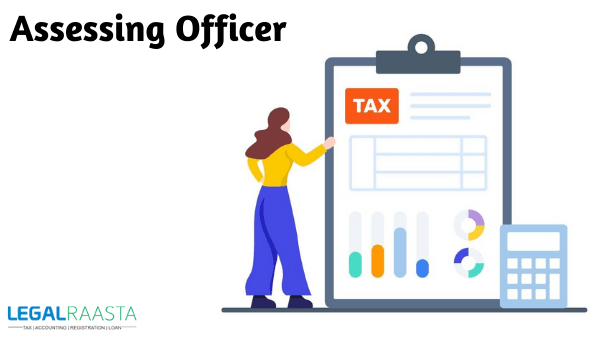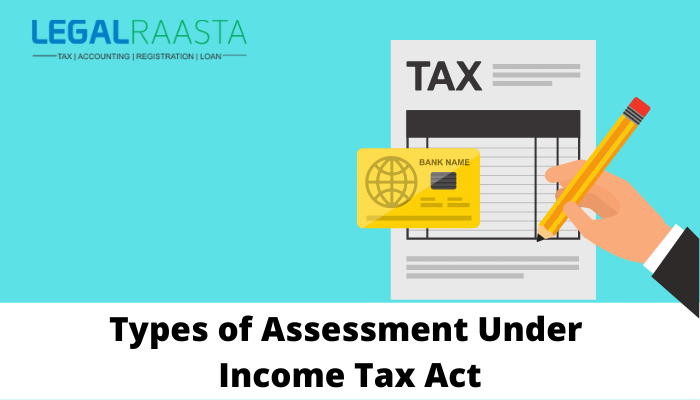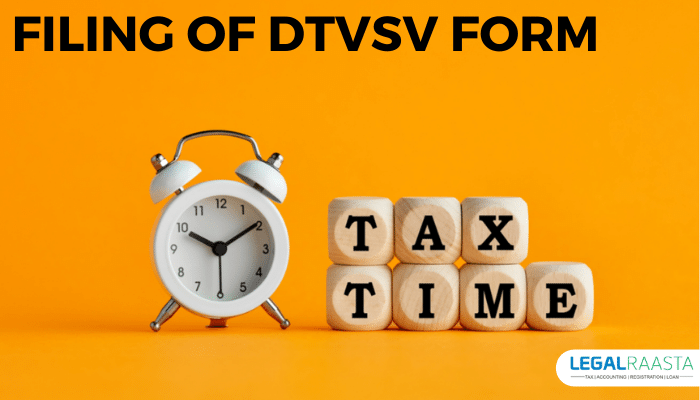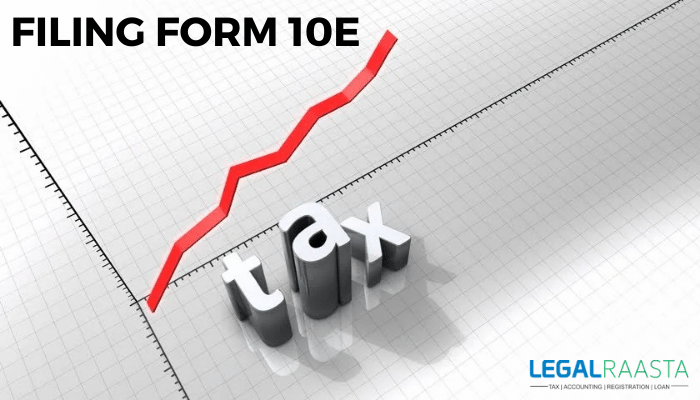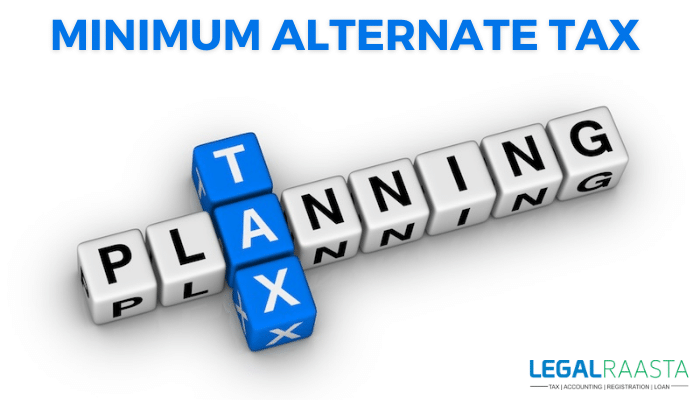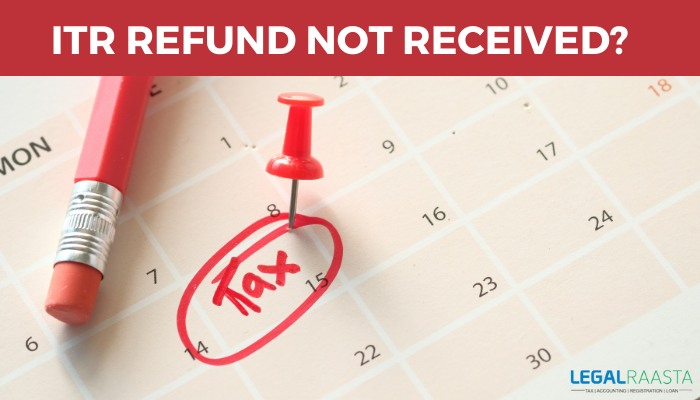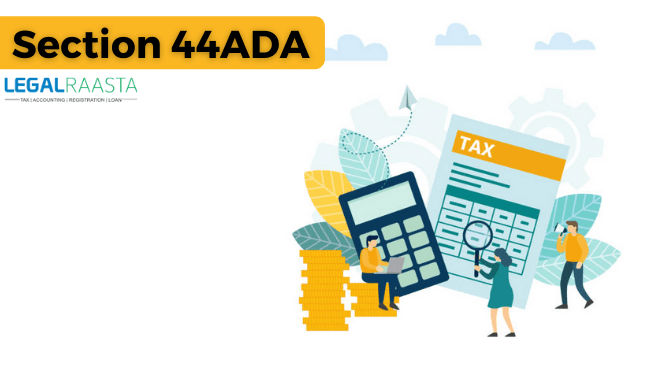Who is an Assessing officer? How do you find your assessing officer?
Assessing officer: Why there are need?
To ensure that the assessment is carried out in a consistent and well-organized way, each taxpayer is assigned a jurisdictional Assessing Officer based on the address listed in his Permanent Account Number (PAN Card) record and his income. Any communication between the income tax department and the taxpayer, as well as the taxpayer’s communication with the AO, is done through the jurisdictional AO. An allotted income tax officer for all taxpayers is known as a jurisdictional AO.
Who is an Assessing Officer?
Tax returns that are either processed or unprocessed by CPC may need more detailed inquiry in order to be sure about the correctness of returned income and also to discover intentional/unintentional errors if any.
The process of in-depth interrogation of return of income is called ‘assessment’. An officer of the Income-tax Department who has been given this task of assessment is known as ‘Assessing Officer (AO)’. An Assessing Officer is an income tax officer who has the power to make an assessment of a taxpayer who is liable to tax under the Act.
The Assessing Officer appointed by the Central Board of Direct Tax to your return may vary depending on the size of your income/nature of your business (CBDT or Board).
When to reach the Income Tax Assessing Officer or AO?
When you file the Income Tax Return, then the IT department will both accept it or issue the tax demand notice or some clarifications from you. If you agree and pay the extra tax demanded, then the difficulty will resolve there itself.
However, you’ve got some disputes against the notice or to speak your clarification thereto Department, then you’ve got to contact the AO.
Usually, your issues are going to be replied to within 30 days. However, if you are doing not receive any reply or aren’t satisfied with the AO response, then you’ll approach a better level officer just like the chief commissioner of tax with copies of your previous communications with the AO.
If the commissioner of tax still doesn’t reply to your complaint within 30 days or if the complaint isn’t addressed as per your satisfaction, then you’ll escalate the difficulty to the tax ombudsman of your region. you’ll find the small print of your area tax Ombudsman here at Legalraasta. If you’re still not satisfied, you’ll also approach the court.
Powers of assessing officer Under Section 131
The Income Tax Authorities (income tax officer / assessing officer) will have the same powers as are given to a court of law under the code of civil procedure 1908 (5 of 1908) when trying a suit in regards to the following matters –
- Discovery and inspection
- Requesting the attendance of any person, including any officer of a banking company, and examining him on oath
- Assembling the production of books of accounts and other documents
- Issuing commissions
The safety valve here is that any tax authority will not
- Take any books of accounts or other documents without recordings of his reasons for doing so.
- Keep in his custody any such books or documents for more than fifteen days (exclusive of holidays) without obtaining the approval of Chief Commissioner or Director General or Commissioner or Director
Powers of assessing officer/Income Tax Officer Under Section 132
Where the higher tax authorities as a result of the information in their possession have reason to believe that –
Any person to whom summons under any relevant section of IT Act was issued to produce or cause to be produced, any books of accounts or other documents have forgotten or failed to produce or cause to be produced such books of accounts or other documents as needed by such warrant or notice.
Any persons to whom warrant or notice as said before, has been or might be issued will not or would not produce or cause to be produced any books of account or other documents which will be useful for or related to any procedures under IT Act (Here the tax department is considering powers in a situation which may or may not happen and also, the department knows of the non-cooperation of the assessee in advance)
Any person is in possession of any money, bullion, jewelry or other important article or thing and such money, bullion, jewelry or other important article or things represent either wholly or a part of which is income or property (which has not been or would not be revealed) for the purposes of IT Act-referred to, as undisclosed income or property then the authorized officer of IT Department has the following powers
- Search and explore any (building, places, vessel, vehicle, or aircraft) where he has reason to suspect that such books of accounts, other documents, money, jewelry, or other important object or things are being held.
- Break open the lock of any door, box, locker, safe, cupboard, or other receptacles for exercising the powers mentioned above where the keys are not available.
Search any person who has got out of or is about to get into or is in the building place, vessel, vehicle, or aircraft if the assessing officer has any reasons to suspect that such person has hidden about this person any such books of accounts, other documents, money, jewelry or other important object or thing.
- Confiscate any such books of accounts, other documents, money, bullion, jewelry or other important object or thing found as a result of such search (provided that bullion, jewelry or other important object or thing, being stock in trade of the business, found as a result of such search will not be confiscated, but the authorized officer must make a record or storage of such stock in trade of the business).
- Notes of identification on any books of accounts or other documents or create or cause to be made extracts or copies therefrom
- Make a record or storage of any such money, bullion, jewelry, or other important objects or things.
What is the Significance of Having an Assessing Officer?
As mentioned earlier, an AO is needed for a detailed examination of return of income to make sure of its correctness keeping in mind income tax law provisions, various circulars, notifications, instructions issued by the Board, and application of mind in explaining the same. In this process, the AO may re-calculate the taxable income of the taxpayer and for this purpose. The AO holds the power of asking for books of accounts, various other supporting documents, or any other details from the taxpayer for verification. This is started by issuing a notice to the taxpayer. Following the completion of the assessment, the taxpayer is served with an assessment order and, if applicable, a tax demand. Moreover, taxpayers may also write to the income tax department for any of their troubles such as rectification of return, issue of refund, etc.
What is the Purpose of a Jurisdiction?
A jurisdiction becomes important for all kinds of correlation from the income tax department and to the income tax department from the taxpayer. Jurisdiction of the Assessing Officer is the geographical area for which AO has his powers and obligations. The assessed will either fall under a range or a circle depending on the income.
Jurisdictional details
Make sure you are aware of the Income Tax Ward or Income Tax Circle when making your Income Tax Return online. It’s the same information that you’ll need when applying for a new PAN. If you have this type of jurisdictional information, it will assist you with any Income Tax Department correlations.
Many times, Income Tax Department issues announcements, notices or other orders to the taxpayers in the address based on their region. If the taxpayer wants to submit some Income Tax Application, they need to learn about their Jurisdictional Assessment Officer.
Taxpayer’s jurisdiction is the ward under which his or her PAN is received It refers to the Town Panchayat, Municipal Corporation, or Municipality’s ward numbers. It is the jurisdiction where a taxpayer can bring up tax-related disagreements.
Area Code or the Area Jurisdiction of Income Tax Department includes:
Area Code: This is the area in which the taxpayer’s jurisdiction is situated.
Assessing Officer type: It refers to the type of Assessing Officer a taxpayer falls under. The taxpayer falls under a ‘Circle’ in the case of AO Type C, and a ‘Ward’ in the case of AO Type W. In general, if a taxpayer’s income exceeds ten lakh rupees, he or she is classified as a “Circle” taxpayer.
Range Code: The range code refers to the Income Tax Range that a taxpayer falls under.
AO Number: This refers to the Assessing Officer who has been assigned to award(s) where the taxpayer comes under.
What is the Process to Find Jurisdictional AO, AO Code, etc?
The process to find jurisdictional AO without logging into your profile on the income tax website
Step 1: Jurisdictional AO can be found by going to the government’s income tax portal. Start entering your PAN and mobile number an OTP will be sent to your registered mobile number. Enter the OTP to validate and proceed.
Step 2: This will lead you to the next page, where you’ll need to provide the details of your jurisdictional AO.
Procedure to know jurisdiction by visiting income tax e-filing portal
Step 1: Log in to your profile on Income Tax E-filling which pops up on your screen.
Step 2: Enter your login details and click on ‘My Profile’ under the ‘Profile Settings’ dialogue
Step 3: Jurisdictional AO details would be visible under PAN details.
Central Processing Cell (CPC) Bangalore is responsible for processing the Income Tax Return. But there are situations one might need to meet the Assessment Officer if:
Challan 280 filed online is wrong
The taxpayer gets any notice from the department of Income stating any outstanding demand or related to Income Tax refund, inquiry, or careful examination regarding the reasons for not processing the tax returns. In all such cases, need human intervention and engagement, and the taxpayer needs to know his or her Assessing Officer.
Filing of paper needs to be done with proper documentation to the Assessing Officer and get the acceptance of the same after doing the filing. It can be just a stamp on the letter, which is filed, and it should be dated. One must carry two copies of the letter. For documentation needs, keep a copy of the filed papers. All Xerox copies are to be filed for assessment and not the originals.
In such complicated scenarios, if no action is taken by the Assessing Officer, the taxpayer has the power to take the case to a higher authority by writing to the Jurisdictional Chief commissioner. In such case, all copies of the applications and letters were submitted to the Assessing Officer.
The taxpayer doesn’t necessarily need to meet the Assessing Officer. He or she can also send his or her lawyer and Chartered Accountant to present the case to Assessing Officer.
The process to change your Jurisdictional Assessing Officer
It is very common for people to migrate to new places due to professional or other reasons. Migration results in changing of their residential addresses. After that, many other aspects need to be changed and updated for filing the Income Tax Returns.
For correspondence to be made going forward with the Income-Tax Department, people are needed to change their jurisdictions. In such a scenario, taxpayers must inform their existing jurisdictional income-tax officers about the changes by giving applications in writing.
Sometimes, the jurisdiction of the taxpayer changes directly. It was done to make sure of –
- Hierarchy, consistent structure, or making the tax revenue better
- Making sure to maintain the communication channels
- Enabling easier solutions to disagreements related to tax
- Getting a better understanding of the frauds related to tax
Jurisdiction is the geographical region for which an Assessing Officer can accept cases. It is generally connected with the Permanent Account Number (PAN). Though, if there is any change in address or city, there may be a change in the Assessing Officer.
The taxpayer or PAN holder must report these changes by completing a form and submitting it to the nearest IT PAN Service Centre or TIN Facilitation Centre in the current jurisdiction, who will make the necessary corrections in the Income Tax Department’s PAN databases.
However, modifying the PAN databases with the detail of the newly changed address does not change the jurisdiction automatically. One must provide an application to the existing Assessing Officer informing the change of place and request for transferring the case records and the jurisdiction to the new Assessing Officer. The existing officer will begin the transfer of jurisdiction to the new Assessing Officer once both officers have given their approval.
According to Section 127(4) of the Income Tax Act of 1961, an income tax file can be transferred at any time during its processing, even though assessments are still pending. If a file is transferred, the new Assessing Officer may be able to collect or refund any outstanding tax demands or refunds.
Also Read,
NRI Status and Taxation: New criteria & how income will be taxed in India
Section 80U of Income Tax Act
How to save Income-Tax under 80GG?

